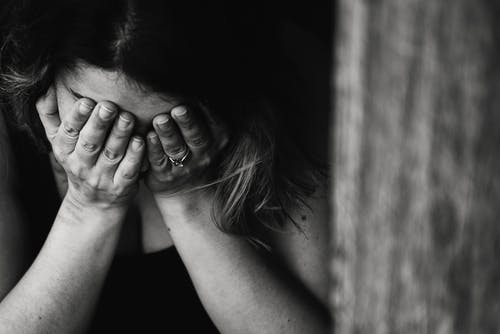Reportable Conduct
This section outlines the type of conduct, involving adults, that is reportable. In all states there are Mandatory Reporting Requirements. Reportable Conduct Schemes currently exist in Victoria, New South Wales and the ACT, these Reportable Conduct Schemes require additional reporting.
What must be reported
In the context of adult related Safe Church issues conduct or behaviour within the CRCA that is classified as criminal under the various state legislations - must be reported. If a person is in immediate danger always contact the State Police and then contact the SCU to report. If there is no immediate danger but an allegation or evidence is brought that indicates a criminal act has occurred then contact the State Police and the SCU. If in doubt or unsure about contacting police then call the SCU in the first instance. The SCU can then advise correct reporting procedures.
Crimes that MUST be reported may include the following:
- Indecent assault
- Sexual assault (including sex offences against children)
- Rape
- Threatening or enacting violence
- Illegal sexting
- Assaults
- Stalking
- Grooming - including online grooming of children (currently considered a crime in Victoria)
- Accessing and/or disseminating online child abuse material
Note: this is not a definitive list and is only indicative. For further clarification contact the SCU.
Disclosures of past abusive behaviour
If an adult in the church makes a disclosure that they have sexually abused a child in the past, whether they were under 18 years of age or not, and whether the abuse was familial or not, this is not information that the listener can keep to themselves. This kind of disclosure must be reported to SCU, as individuals with sexual abuse behaviour in their background are understood as individuals who carry risk to the safety of children.
“There is a tendency to minimise or dismiss young people's sexually abusive behaviour as experimentation or play, or as a 'phase' that will pass with age…Such minimisation belies the seriousness of the abuse and the harm that is caused to the victims…[There are well-established] clear boundaries about what constitutes sexual abuse by young people - coercive or forceful sexual behaviour with children (or with peers) is always abusive, and should not be regarded as 'normal' adolescent behaviour.” (‘Young People who sexually abuse: Key Issues’ by Cameron Boyd and Leah Bromfield, 2006, Australian Institute of Family Studies)
When it comes to these kinds of disclosures it is no longer the case that church leaders can keep such information to themselves and take no action in the form of risk management measures. When church leaders know such things about people in the church and take no risk management measures churches become places where children are at greater risk from sexual abuse. This approach led to thousands of children being sexually abused in churches across Australia. Further, legal duty of care and specific legislation make this approach such that the Church will be legally exposed.
It should be noted that disclosure and risk management are not inherently inconsistent with pastoral care and ministry if the process is handled well and with compassion.
What may be reported
The following list gives examples of the kind of conduct and behaviour that may be reported or be the subject of complaints to the SCU. Note that this is not a definitive list but rather indicative. Contact the SCU for further clarification or to discuss any concerns or complaints. SCU may also be contacted in regards to these issues as a place for resourcing or referral.
Adult behaviour that may be reported:
- Bullying
- Inappropriate relationships
- Misuse or abuse of authority
- Professional misconduct
- Suspicion of grooming or stalking
- Family or domestic violence
- Spiritual abuse
- Financial Abuse
- Elder Abuse
- Sexual harassment
- Conduct, behaviour or speech that is sexually threatening or inappropriate

